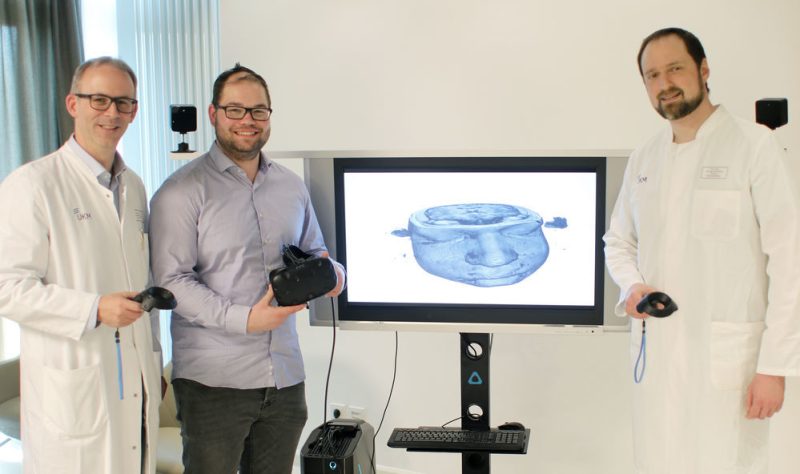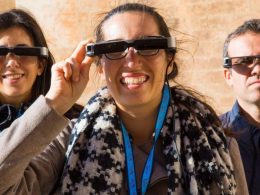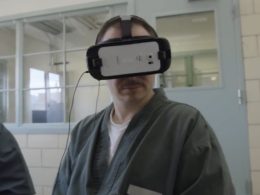When a brain tumour is diagnosed, it helps those affected to learn as much as possible about the disease and the treatment options. VR goggles, which allow you to take a journey into your own brain at the Department of Neurosurgery at Münster University Hospital, are now designed to help with this.
"Some people are already familiar with virtual reality glasses from their games consoles at home - but we are now using this technology at the centre to better visualise the brain tumour," explains Dr Markus Holling, Senior Physician at the Department of Neurosurgery at the University Hospital Münster (UKM). "Patients should know as much as possible about their illness," emphasises his colleague Dr Dr Oliver Grauer, Senior Physician at the Department of Neurology.
New software from Switzerland
The interdisciplinary team led by Grauer and Holling is the first brain tumour centre in Europe to use VR technology with new software from Switzerland to visualise the exact location of the tumour and neighbouring regions before an operation, for example, and to give an impression of what will happen during the procedure. The model of the brain is generated using MRI images. The patient can view the images directly in 3D through the VR goggles. It is also possible to follow the virtual tour through the head on a large screen. "No prior anatomical knowledge is required," explains Holling. "We are always there to explain the relevant structures."
For patients who come for follow-up care, the doctors can use VR technology to visualise the result after an operation. "A brain tumour is a very complex disease," says Holling. "It's different to a broken leg. Patients have a lot of questions before and after the operation - for example, about the neurological consequences or the further course of treatment."
Source: egovernment-computing









